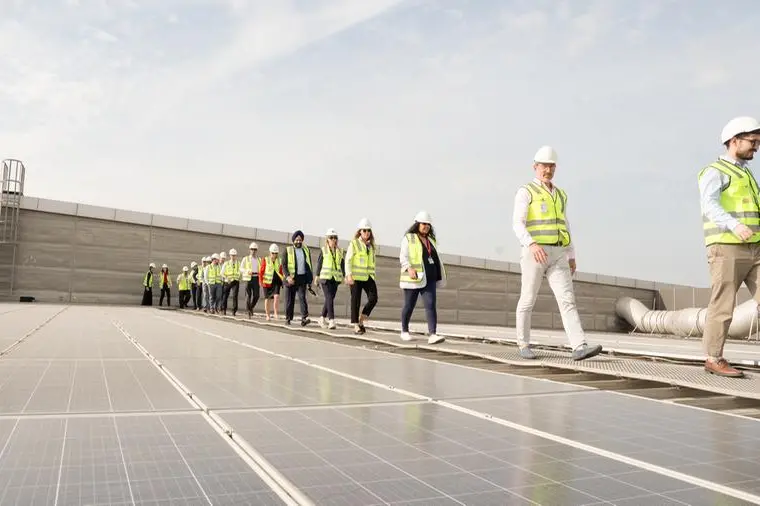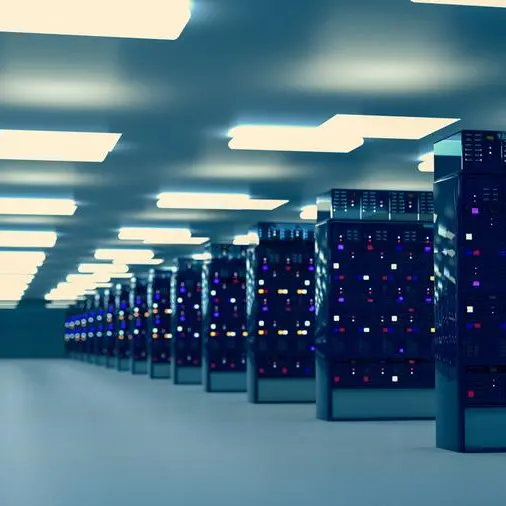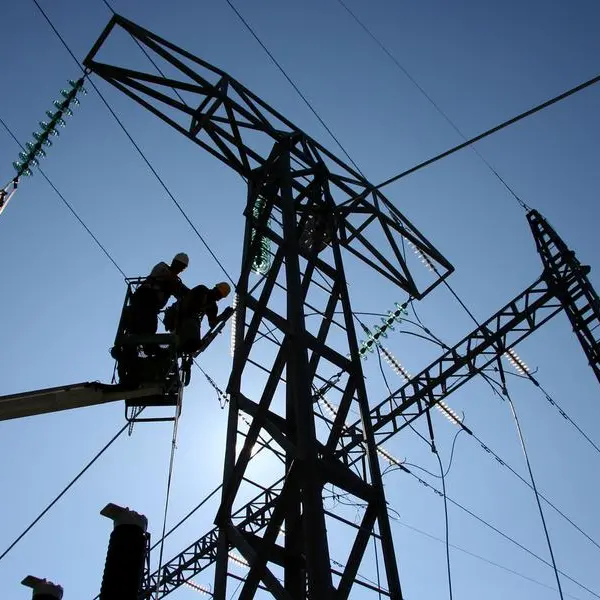PHOTO
Dubai Airports announced a landmark collaboration with Etihad Clean Energy Development Company, a wholly-owned subsidiary of DEWA, to launch the world's largest rooftop solar panel installation project at an airport.
The announcement was made in the presence of H.H. Sheikh Ahmed bin Saeed Al Maktoum, Chairman of the Dubai Supreme Council of Energy, Chairman of Dubai Airports, and Chairman and Chief Executive of Emirates Airline and Group, and Saeed Mohammed Al Tayer, Vice Chairman of the Dubai Supreme Council of Energy, and Managing Director and CEO of Dubai Electricity and Water Authority (DEWA).
To solidify this ambitious initiative, Dubai Airports and Etihad Energy Services Company formalised an agreement during the World Green Economy Summit (WGES) organised by the Dubai Supreme Council of Energy, Dubai Electricity and Water Authority, and the World Green Economy Organisation. The agreement was signed by Paul Griffiths, CEO of Dubai Airports, and Dr. Waleed Alnuaimi, CEO of Etihad ESCO.
Saeed Mohammed Al Tayer said, “This initiative aligns with the vision of His Highness Sheikh Mohammed bin Rashid Al Maktoum, Vice President, Prime Minister and Ruler of Dubai to establish Dubai as one of the most sustainable cities in the world. While our roadmap outlines clear targets of achieving 25 percent of the energy mix from clean energy sources by 2030, and 100 percent by 2050, we are proactively accelerating our efforts. We anticipate surpassing these goals, potentially reaching 27 percent clean energy capacity as early as 2030, which would enable us to achieve our 2050 vision ahead of schedule. Innovation and cutting-edge technologies are instrumental in expediting our progress towards a greener future.”
This phased project, totalling 39MWp of clean energy, which will be fully operational by 2026, involves the installation of 62,904 solar panels across Dubai International (DXB) and Dubai World Central - Al Maktoum International (DWC) airports, set to generate 60,346MWh annually. It marks a significant stride toward decarbonising airport operations.
The solar panels, which will span passenger terminals and concourses across both airports, are expected to offset 23,000 tonnes of CO2 annually, equivalent to taking 5,000 cars off the road or powering 3,000 homes for a year. The energy generated will meet 6.5 percent of DXB’s power needs and 20 percent of DWC’s, reinforcing Dubai Airports' long-term vision for cleaner, smarter, and more sustainable operations.
Paul Griffiths, CEO of Dubai Airports, said, “Airports are significant energy consumers, but with that comes tremendous opportunity and responsibility to drive real change. For us, this is not just about installing solar panels; it’s about embedding sustainability into the core of everything we do. Every kilowatt we generate from renewable sources brings us closer to shrinking our carbon footprint and future-proofing our operations. This is about setting the standard and leading the way for what a truly sustainable airport can achieve.”
Dr. Waleed Alnuaimi, CEO of Etihad ESCO, remarked, “Our longstanding partnership with Dubai Airports plays a pivotal role in our strategy to accelerate Dubai’s sustainability agenda. By broadening the solar footprint and implementing transformative initiatives like Shams Dubai, we are not only reducing energy demand but also driving the adoption of sustainable energy solutions across the emirate. This project, and others like it, demonstrates our commitment to building an integrated ecosystem that aligns with Dubai’s vision for a greener, more energy-efficient future.”
The project builds on the successful installation of solar panels at DXB’s Terminal 2 and Concourse D, where solar power is already playing a vital role in reducing energy consumption and lowering emissions. While ambition and innovation drive progress, the key to achieving sustainable transformation lies in collaboration, foresight, and consistent action. Dubai Airports is focused on ensuring these values guide every initiative, aligning with Dubai’s and the UAE’s broader environmental objectives to create a better tomorrow, together.





















